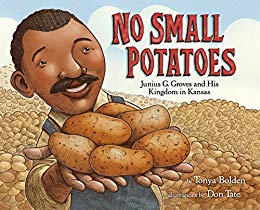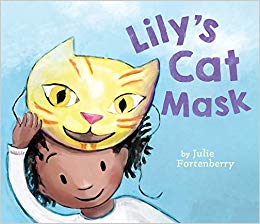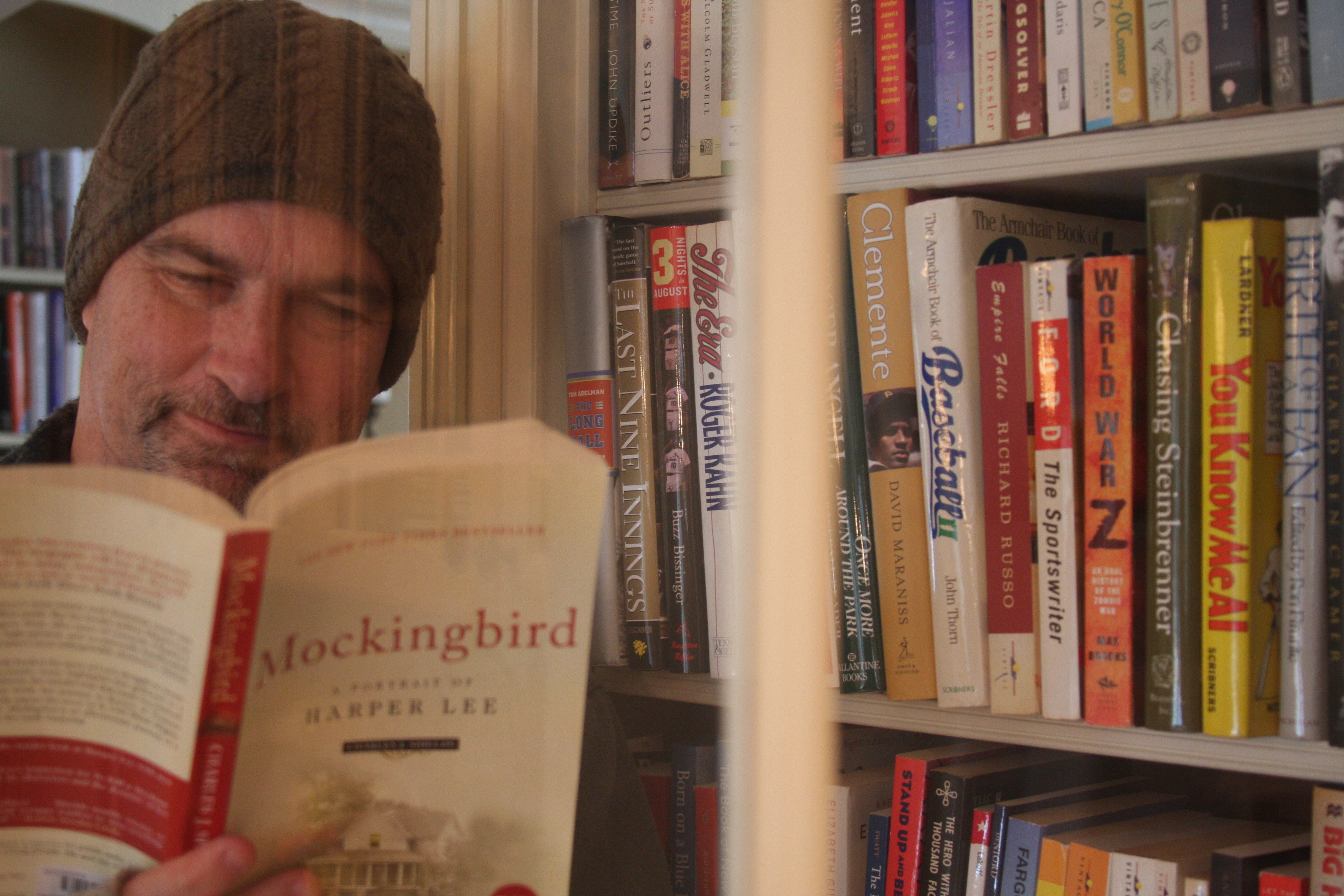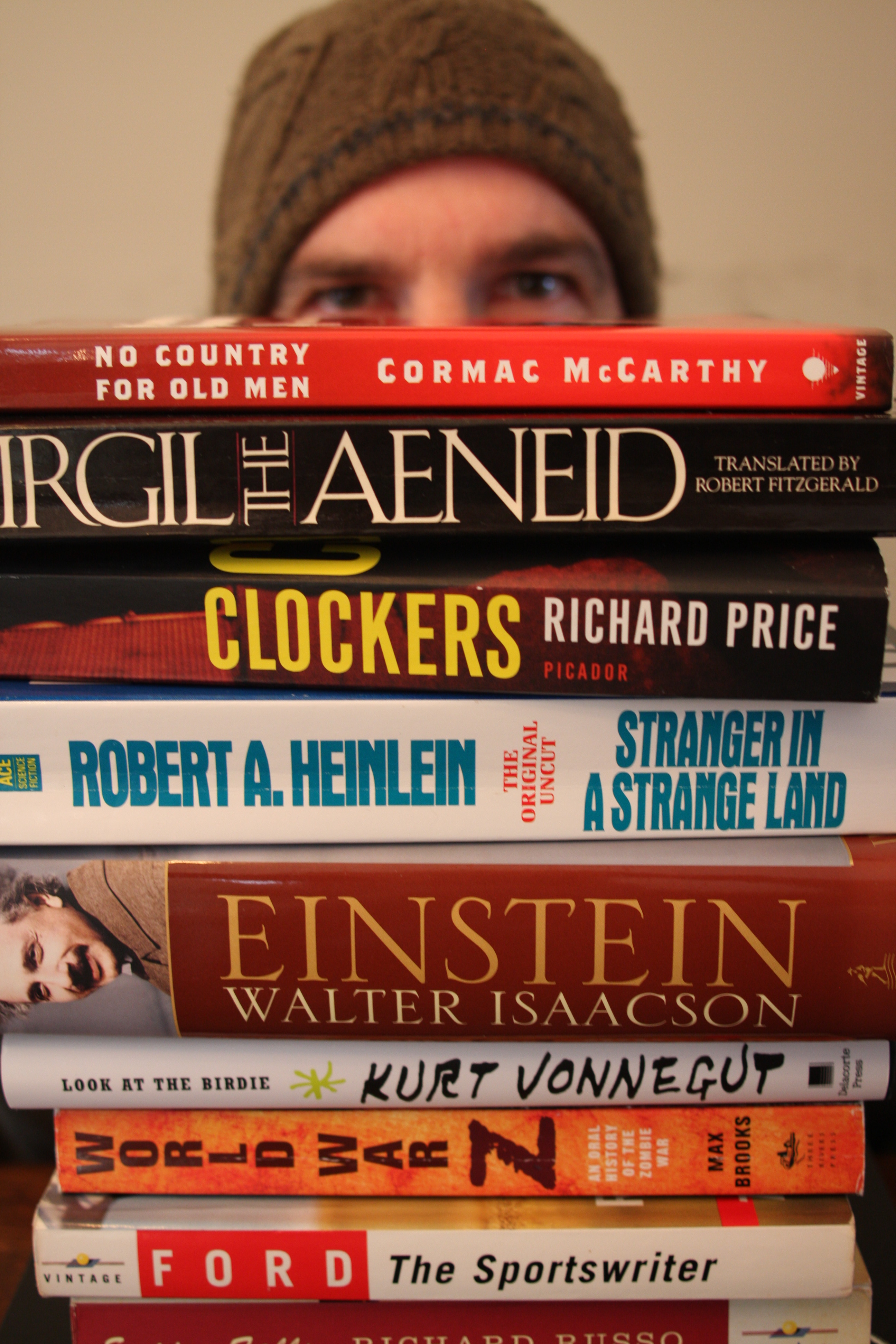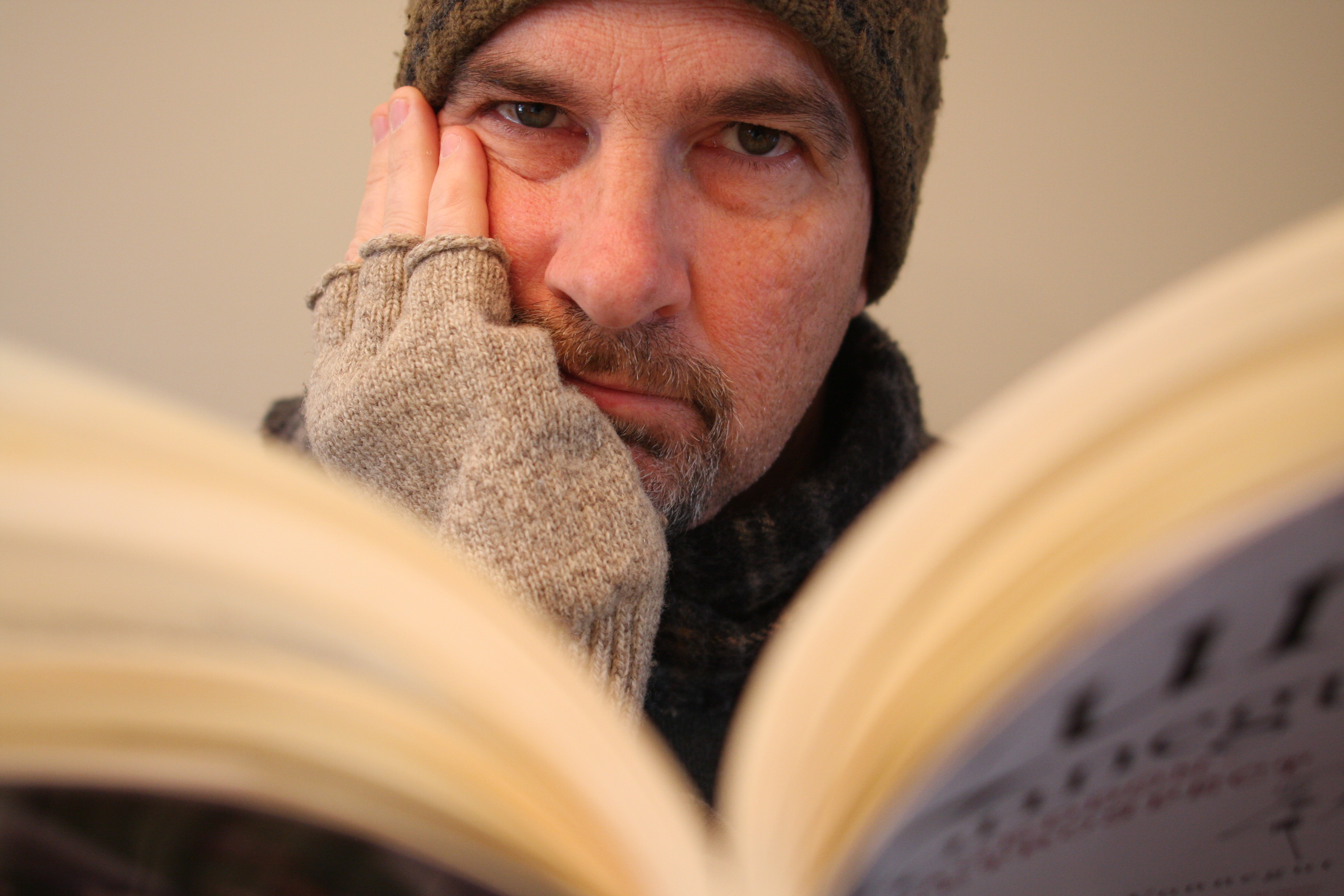–
Welcome, readers, to the second installment of “One Question” — the interview series where I do as little work as possible. Personally, I always enjoy hearing authors talk about books they love — particularly those books that made a difference early in their reading lives. The books that helped light the fuse.
Much thanks to our five guests below: Paul Acampora, Rachel Vail, Don Tate, Audrey Vernick, and Julie Fortenberry. Click here to read the debut installment if you missed it the first time around.
Paul Acampora
In those years that astronauts were still wandering around on the moon, I discovered The Mouse and the Motorcycle by Beverly Cleary. The book featured Keith and Ralph, a couple boys about my age (at the time) in an off-the-beaten-track world that seemed a lot like my own. Keith and Ralph had families and rules and squabbles and accidents. They wanted adventures and they made mistakes. They were just like the cousins and friends and classmates that surrounded me. It’s true that Ralph is a mouse who rides an awesome red motorcycle, but that’s not really the point. Rather, The Mouse and the Motorcycle made it clear to me that real-life adventures were possible. And if Beverly Cleary is right (spoiler alert: she is) adding friends to the mix makes real-life adventures almost inevitable. When I grew up, I did indeed get my very own awesome red motorcycle just like Ralph’s. I don’t have the motorcycle anymore, but I still have the friends which means I’m still having the kind of real-life adventures that books are made of.
Rachel Vail
One book I really loved as a kid was Blubber, by Judy Blume. I remember wondering as I read: how did she KNOW? Not just about the overt, senseless, casual cruelty of some kids, but also about MY complicity in the cruelty: the rotten, rotting feeling of seeing somebody be mean to a less powerful kid, and deciding to do nothing. Choosing just to go along, because otherwise I’d be putting myself in danger. And it felt like that, no exaggeration: like danger. Judy Blume captured the complex ethical calculus of being a kid, making choices — the truth of it, the power and the cost of it. Humor and relatable details made the story feel real, but the empathy I felt for every character is what made it feel TRUE. I was particularly moved by the respect Judy Blume was showing to me as a kid, as a reader, as a person. (I felt she was writing for me, in particular, of course. Her writing is that intimate.) She was telling it to me straight, and trusting me to think through what it all meant. There were no tidy resolutions, no morals to print on a poster. It was just, here’s how we sometimes treat one another, and how it really feels. What do you think?
Don Tate
I wasn’t a big reader when I was a kid. It is embarrassing to admit — especially to kids! I had trouble with comprehension and retaining what I’d read. So I tended towards the visual. My favorite book was our Better Homes and Gardens Illustrated Medical Encyclopedia. I loved it because of the cool illustrations. I also loved our Funk and Wagnalls Young Students Encyclopedias. They were heavily illustrated. Inside, I learned about all kinds of things, but I was drawn most to the diversity inside. I learned about people from all over the world, I saw people who looked like me. In high school English literature classes, I pretty much refused to read what was presented to me as classics. The Grapes of Wrath, Greek and Roman Myths, Poe, I just couldn’t get into those. I sketched my way through those classes. I didn’t become a reader (for enjoyment) until I was in my early 20s, when I discovered the book Black Boy by Richard Wright. It was a memoir about his life. In Richard Wright, I saw myself. After that, I became a lover of reading. I read all of Richard Wright’s books, and especially loved Native Son.
Audrey Vernick
I was a voracious reader as a child, in part because I lacked the kind of friends I read about in books. I had friends, but our relationships never seemed to measure up to the epic friendships in the books I loved most.
The book that hit me right in the center of this spot was The Secret Language, written by the legendary children’s editor Ursula Nordstrom.
Victoria was only eight years old when shipped off to boarding school. What?! Boarding school? My brain had to grow and shift to entertain this new-to-me reality. Vicky was shy and miserable and hated boarding school (this reader, who faked sickness to get out of day camp, could relate to that). And then, impossibly, a strange and funny girl, Martha, befriended Vicky. And shared with her secret words — leebossa, ick-en-spick, ankendosh.
When I think about this, I’m almost inclined to feel sad for young-me, but the truth is I found literary friendships very satisfying. They fed me something I needed — in a way that actual eight-year-old friends could not.
Unexpected friendships. That’s still a pretty sweet spot in my reading — and writing — life.
Julie Fortenberry
The Little Golden Picture Dictionary (the original 1959 edition) left a lasting impression on me. I still have my copy. Each page has eight words with descriptions like, “alligator—The Alligator has sharp teeth,” and “kitchen—Mother cooks in the kitchen.” (Later editions have been updated to correct a few unenlightened words and descriptions.)
I’m still fascinated by the little Tibor Gergely illustrations. (Gergely was mostly self-taught, but studied briefly in Vienna. In 1939 he emigrated to New York where he illustrated several New Yorker covers.) It’s so obvious that he loved his job. The pictures are detailed but uncomplicated. And like a lot of Golden Book illustrators, Gergely’s style is both realistic and cartoony. His illustrations of people and animals are great, but even his illustrations of mundane objects (glove, iron, pie) are still intriguing to me.
I don’t remember anyone reading this book to me, so I guess I was able to decipher most of it on my own. I think it was the first time I saw the world arranged in an orderly way. The whole book is very tidy and sunny, like the best kind of kindergarten.
–
–



